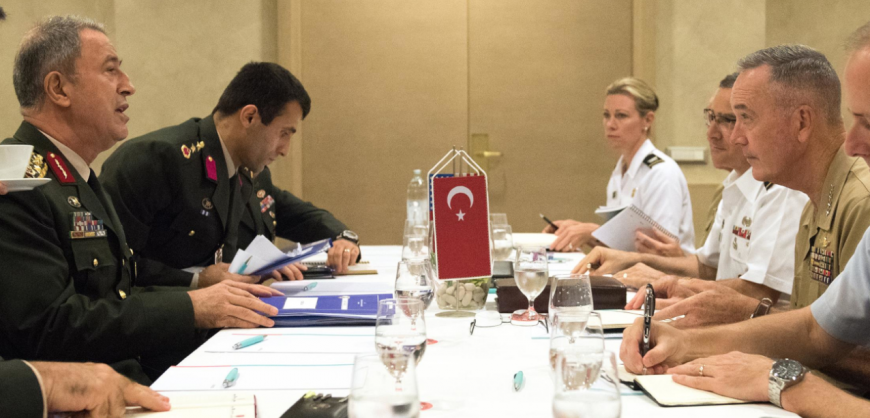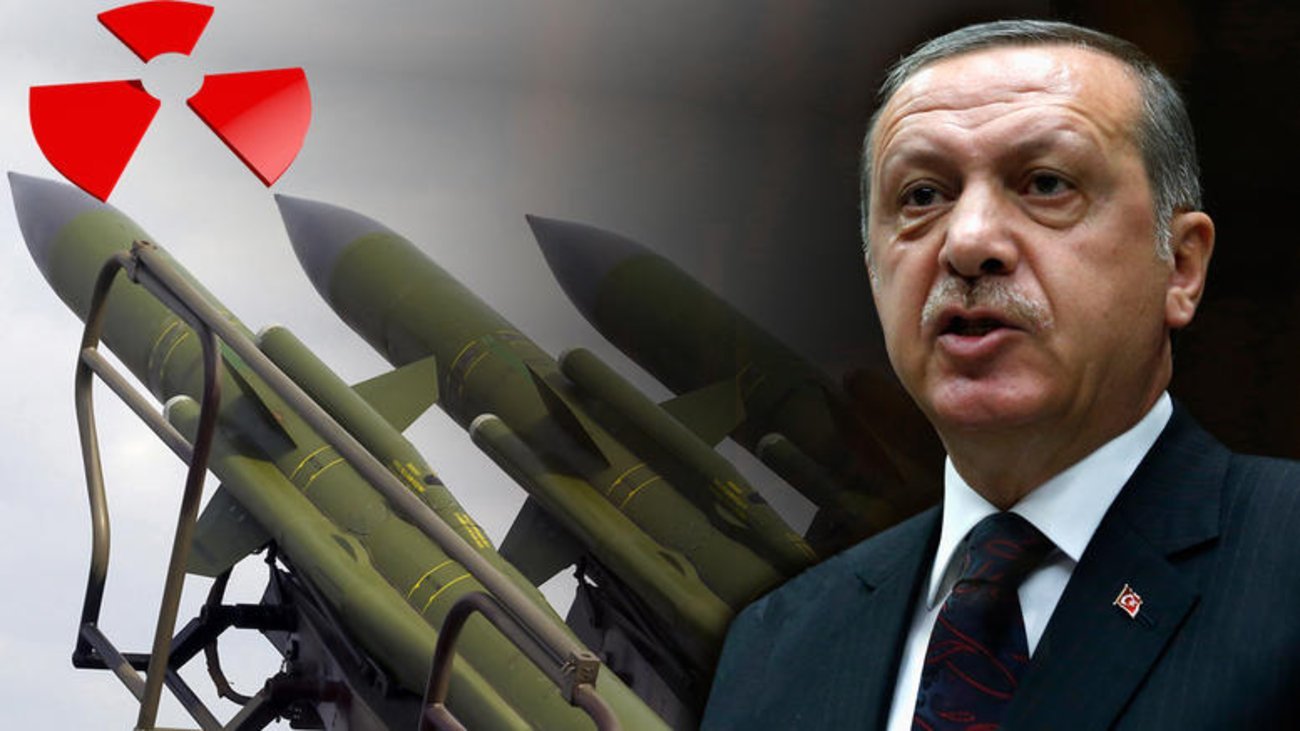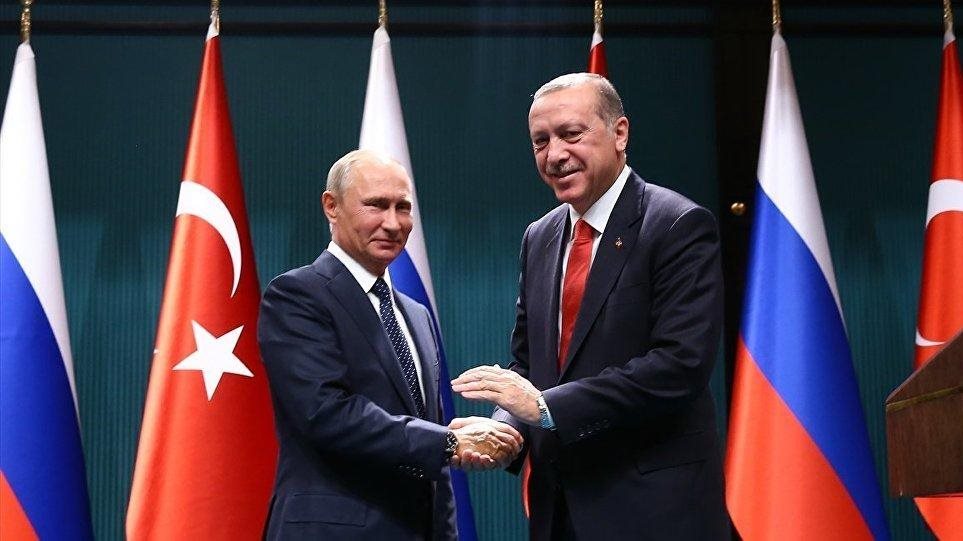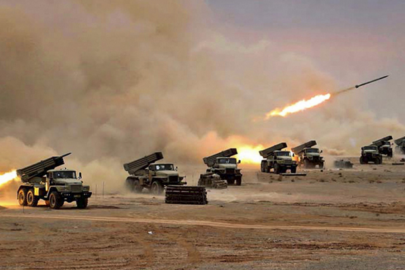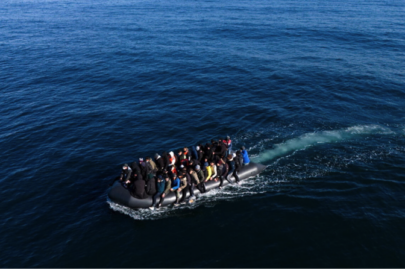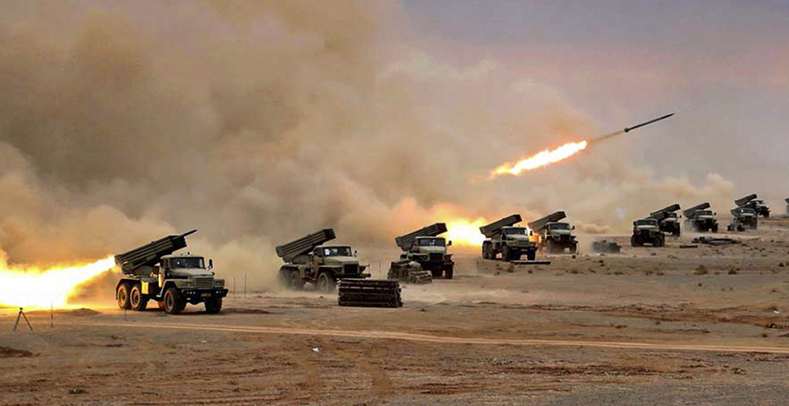For the 500 or so days since Turkey and Russia signed an agreement for the acquisition and eventual deployment of the Russian S-400 air and missile system, the United States has sought to convince Turkey to back out. The United States is concerned that the Russian-made S-400 will collect valuable electronic intelligence about the F-35, the American-made fighter jet Turkey is slated to receive in November. Talks between Washington and Ankara have taken place at the presidential level, amongst different elements of the civilian bureaucracy, between the two militaries, and at the parliamentary level — with no success.
At this point, the United States needs to start planning for the day after the first S-400 is delivered. This exercise should inform U.S. thinking about how to plan around an increasingly recalcitrant Turkey and prepare for a future in which Ankara remains a NATO member, but one that operates an advanced Russian system that could help Russia glean useful data about the alliance’s air operations. Turkey risks legacy and current U.S.-Turkish defense co-production and development programs if it continues to deepen defense cooperation with Russia.
For the United States, the situation is less bleak. In fact, searching for alternatives to Turkish military assets provides some strategic opportunities in Eastern Europe and the Middle East. Still, working around Turkey will be financially and politically costly for NATO. The deepest, most intractable problem is what the dust-up reveals about Turkey’s lack of commitment to the core NATO tenets of interoperability, burden-sharing, and collective defense — an outcome that weakens the entirety of the alliance, including the United States.
Read more HERE

